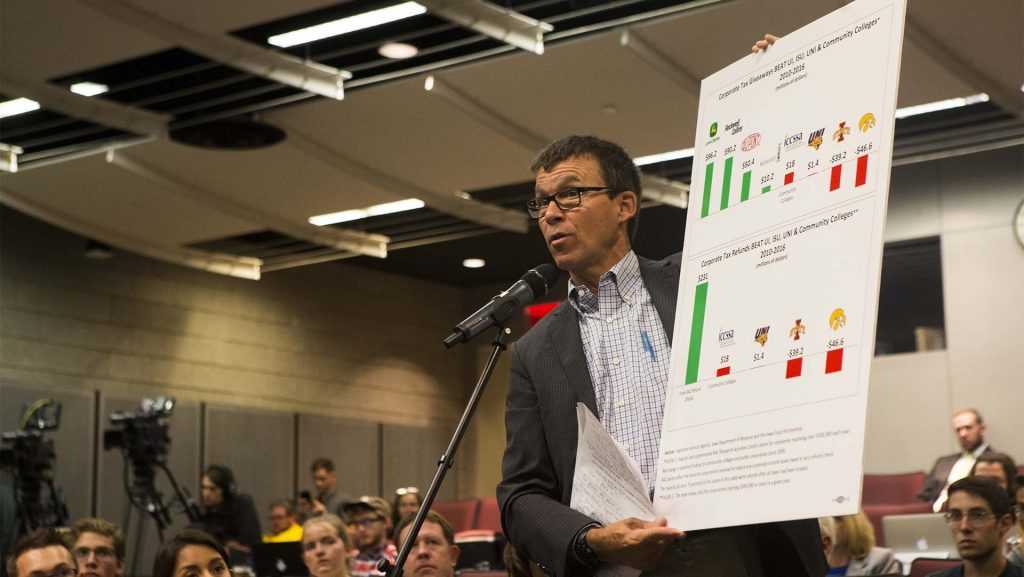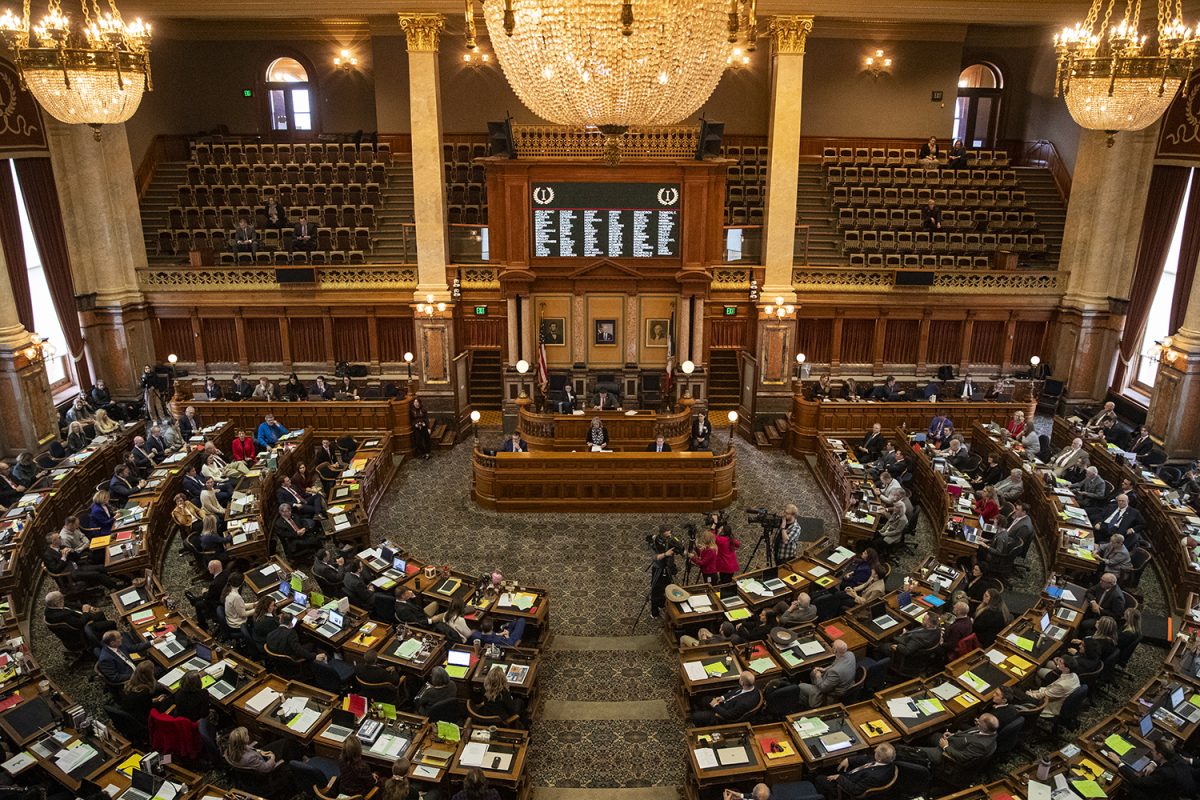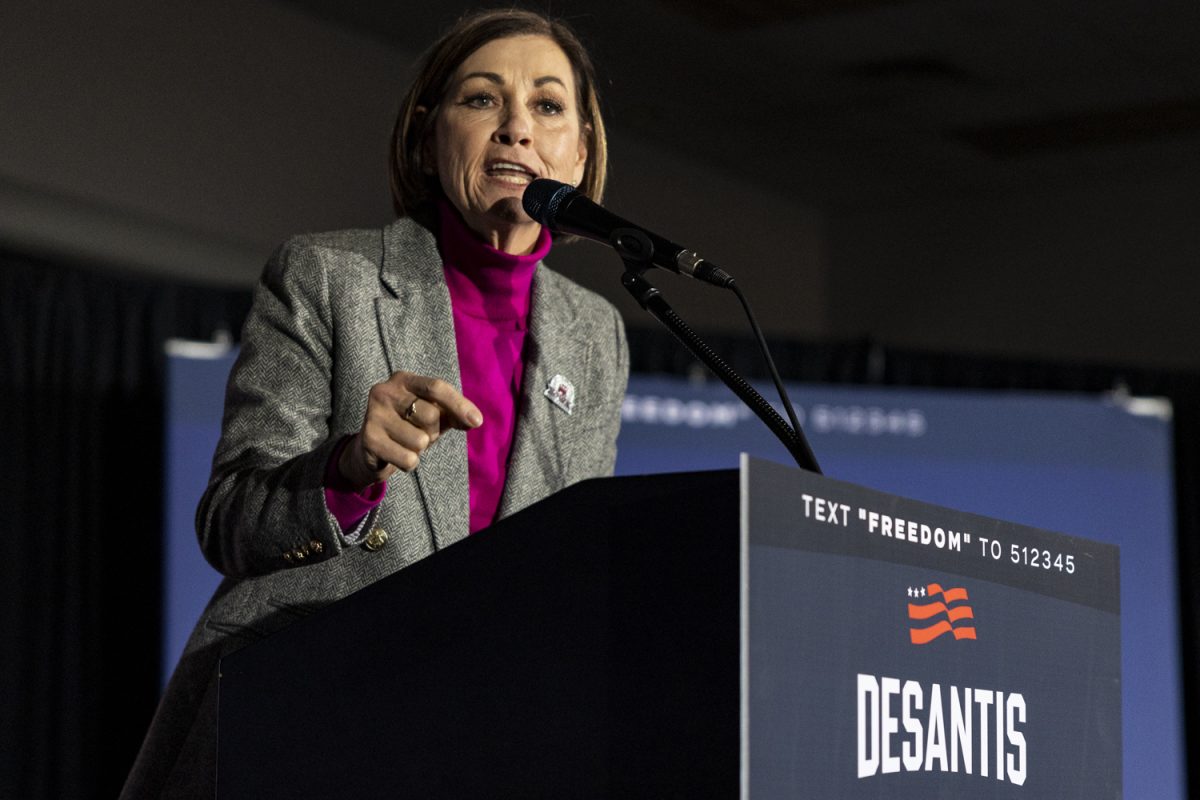A bill covering mental-health improvements was introduced this year in the state Legislature, and Democrats are concerned about the funding for the measure.
The bill, HF 2456, addresses people with more severe mental-health issues who are not necessarily in need of full-time care. The bill would implement something called access centers, which would provide beds for patients in more residential settings. The locations of these centers would not be determined by the Legislature.
HF 2456 would also provide crisis services in and outside the access centers, and intensive home services.
Sen. Rob Hogg, D-Cedar Rapids, said according to an assumption from the fiscal analysis, this bill would allow the state to provide 12 new beds by June 2019 and 48 beds by June 2020.
“It’s not a lot, but it’s a start,” he said.
RELATED: Mental health care in crisis
Hogg noted the state’s need to improve its mental-health programs, particularly after former Gov. Terry Branstad cut psychiatric units in the past, citing a lack of funding.
“By 2020, it’s expected to cost $6 million, so I’m a little skeptical of that,” Hogg said.
Sen. Joe Bolkcom, D-Iowa City, said that so far, Republicans have not described how they are planning to fund the measure. Bolkcom said Iowa does not have enough residential placements and not enough beds for people who are chronically sick.
“This [bill] recognizes we have not done a good job dealing with that,” he said.
Because the state hasn’t had the funding for mental-health services in the past, Bolkcom said, it has not been able to prioritize the spending.
Gov. Kim Reynolds’ mental-health privatization is failing, he contended, and people with mental-health problems are being moved around and not getting assistance.
RELATED: Gubernatorial candidates reveal plans to ease Iowa’s mental-health crisis
Bolkcom said one of the main challenges of the bill is that the state is going to have to ask mental-health facilities to expand with the creation of the new access centers.
“There’s a lot of apprehension by providers who aren’t getting paid for the things they’ve always done,” he said.
Sen. Robert Dvorsky, D-Coralville, said the bill would not affect the existing facilities. HF 2456 requires the Division of Mental Health and Disability Services to ensure the expenditures are funded by Medicaid, he said.
“The access centers would be new facilities, and there would be one in Johnson County,” he said. “That’s why there has to be some resources out there, and it’s still unclear where [Republicans] would get that resource.”
Recommendations for the bill came from the Complex Service Needs Workgroup, and it wanted more “core services” ensured by the state mental-health division, Dvorsky said. The group was motivated by the lack of facilities and programs in place, he noted.
The reason the bill would not affect existing mental-health facilities, Dvorsky said, is that existing programs would not be able to deal with the proposal.
“It’s certainly more than a good first step,” he said.
RELATED: Johnson County plans for crisis-service center
Barry Schreier, the director of University of Iowa Counseling Services, said the UI does run mental-health programs individually, but they are not islands unto themselves.
In cases requiring more expertise, he said, the UI will refer students to surrounding hospitals for further care, and there are not always beds available.
“It will not be unusual that we have people go to a hospital in Iowa City, and they get transferred to somewhere like Ames,” he said.












